UNSW scientists achieve breakthrough in race to build quantum computer in silicon
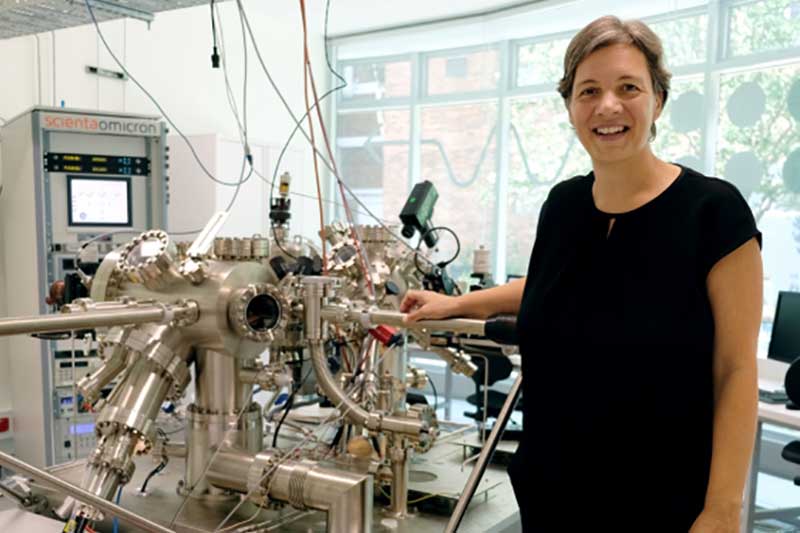
This is the first observation of controllable interactions between two qubits generated from precisely positioned individual atoms in silicon.This enables the scientists to place their high-quality
qubit where they want it in the chip, see what they have made, and then measure
how it behaves.
UNSW engineers create complete design for quantum computer chip using standard silicon technology
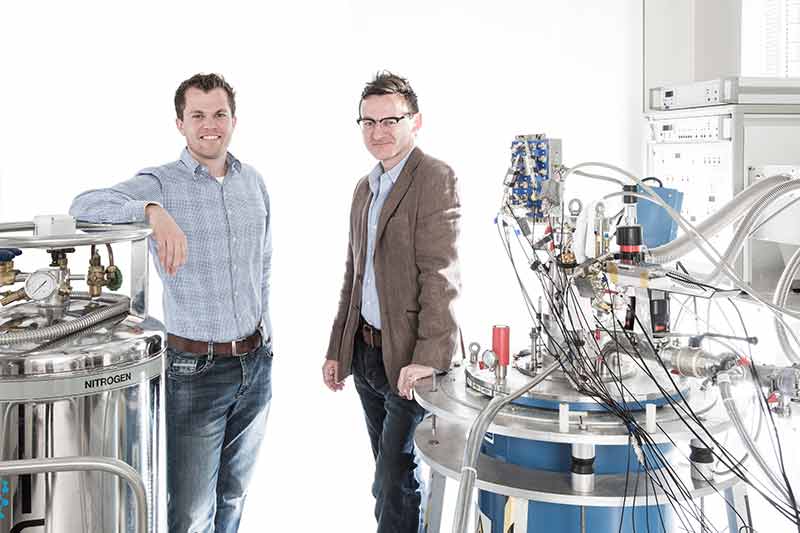
The new design for the quantum computer chip means that it
can be manufactured using mostly standard industry processes and components.
Insights on usage of dockless bike sharing in Singapore from SMART researchers
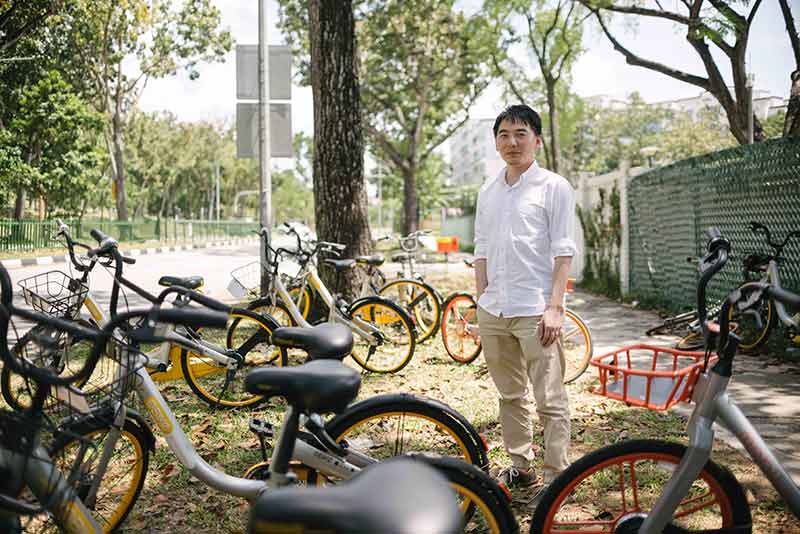
The findings
based on GPS data could offer guidance to urban planners, policy makers,
and transportation practitioners who wish to promote bike-sharing service while
ensuring its sustainability.
Singapore joins APEC cross-border privacy rules for data controllers and processors

PDPC is developing a certification scheme, which would
incorporate CBPR and PRP standards. Once the scheme is in place, certified organisations
will be able to exchange personal data with other certified organisations in
participating APEC economies much more seamlessly, while upholding data protection
standards.
Researchers from NUS working on defending cryptocurrency against future attacks by quantum computers
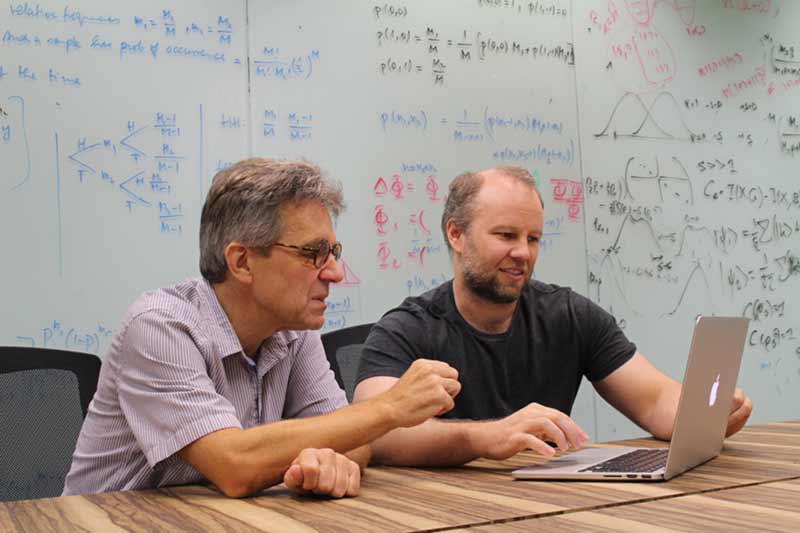
Cryptographic protocols used to secure the internet and
financial transactions of today are all susceptible to attack by the
development of a sufficiently large quantum computer.
Public cloud service providers invited for Beta testing of New Zealand Government's Marketplace

The Department of Internal Affairs is seeking up to 30
suppliers who provide public cloud services to validate the business processes
and Marketplace functions and advise the Department on the user experience
prior to the full launch of the Marketplace.
NUS scientist part of international team which has achieved breakthrough in high-rate quantum secure communication

Quantum key distribution enables unhackable communication,
but it is limited at the moment by low key throughput.
NUS Enterprise and Singtel Innov8 launch new hub for cybersecurity startups
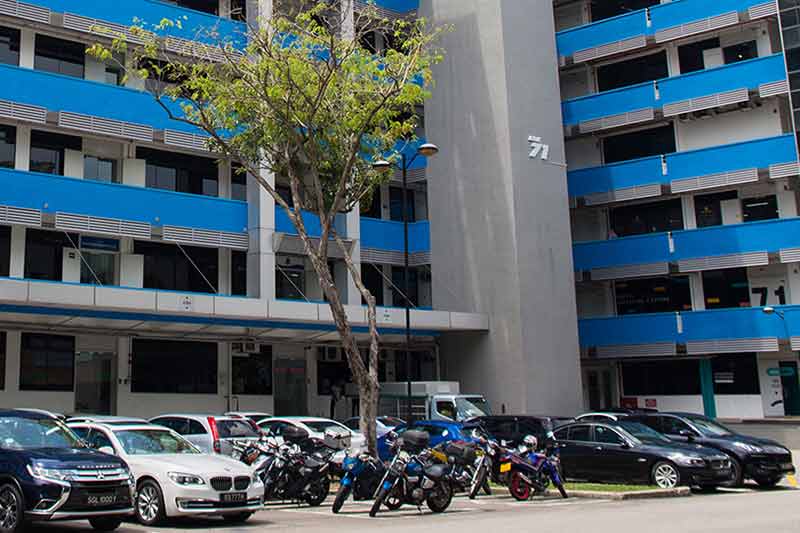
The initiative will provide support services such as access
to working space, funding, domain experts as well as networking events.
Start-ups at ICE71 will also have access to enterprise grade cybersecurity
resources enabling them to develop and test proof-of-concept solutions in a
virtual environment.
New quantum linear system algorithm could speed up machine learning
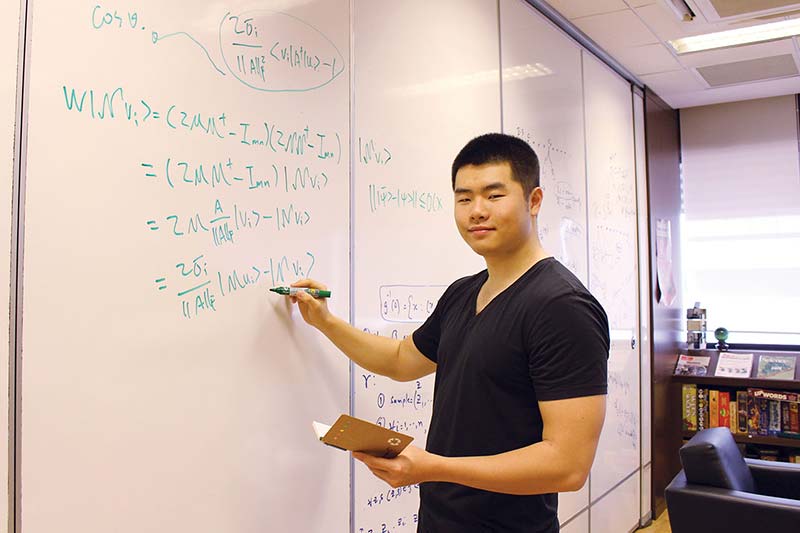
The researchers have proposed a new algorithm for solving
systems of linear equations that is faster than both the classical and the
previous quantum versions, and without restrictions on the kind of data it
works for.
New ITU Focus Group to study Machine Learning in future networks including 5G

The Group will investigate where technical standardisation
could support emerging applications of machine learning in fields such as big
data analytics, network management and orchestration, and security and data
protection.
Indian Government reveals initiatives in AI, cyber-physical systems and 5G technologies

NITI Aayog, the premier policy thinktank of the Government
of India, will initiate a national program to direct efforts in the area of
artificial intelligence, including research and development of its applications.
Indian Government harmonising spectrum for 5G services

The Indian Government has plans to roll out 5G by 2020. In
September 2017, the Indian Government constituted a high-level forum on 5G.
Test-beds are being set up at the Indian Institutes of Technology in Delhi and
Chennai, while corporations are accelerating their 5G related work in the
country.
Chinese Government announces plans for 5G networks and secure quantum communication backbone network

A secure quantum communication backbone network will be set
up in the key strategic areas of Beijing-Tianjin-Hebei and the Yangtze
River economic zone. Capital cities and major city clusters in Pearl River,
Yangtze River delta areas, and Beijing-Tianjin-Hebei region will start building
5G networks.
Australia’s DTA to introduce new Hardware Marketplace online portal for ICT procurement

The new Hardware Marketplace will change the way government buys information and communication technology (ICT) products and services.
Australian Government forms 5G working group with government and industry representatives

The working group will identify enablers and barriers to the
deployment and effective use of 5G in Australia, and examine how Commonwealth
regulatory settings can be optimised for 5G networks and technologies.
Australian Defence investing AU$6 million for the development of quantum technologies

Proposals should address one or
more of these priority areas: 1) Quantum
Sensing, Navigation and Timing; 2) Quantum Communications; and 3) Quantum
Computing and Information.
Australian Government releases strategy to support rollout of 5G mobile technology
5G represents a significant leap from the capabilities of previous generations and introduces a range of new technological possibilities.
Chinese scientists demonstrate feasibility of satellite-based quantum communications in daylight
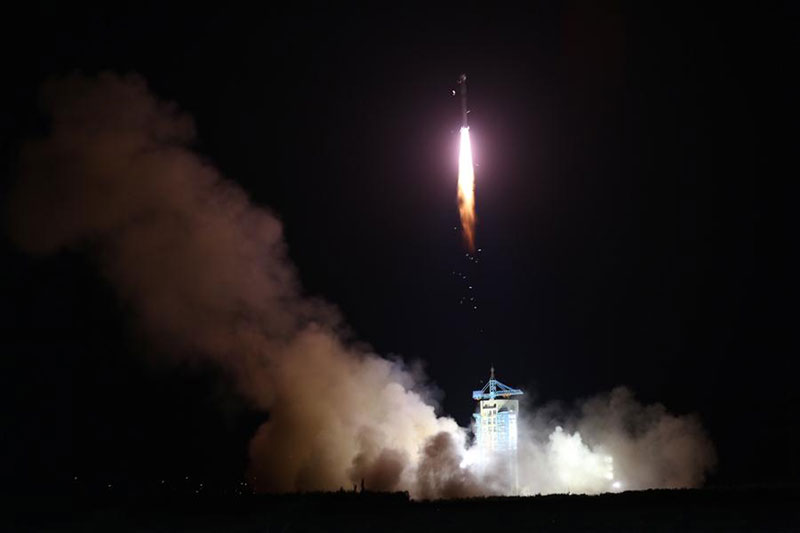
By around 2030, using a constellation of satellites, China aims to set up the first-ever global quantum communication network,which would be unhackable.
2nd tranche of Australian Defence Innovation Hub investments explores autonomous gliders, quantum cybersecurity and more

“It will help support a number of local jobs across Australia and keep local defence industry involved in the latest innovation for Australia’s defence.”
Chinese city to start using quantum communication network for government bodies from next month

Quantum entanglement can be used to establish unhackable communications and any attempt to eavesdrop can be detected.
Chinese scientists achieve quantum entanglement over a record distance of 1200 km
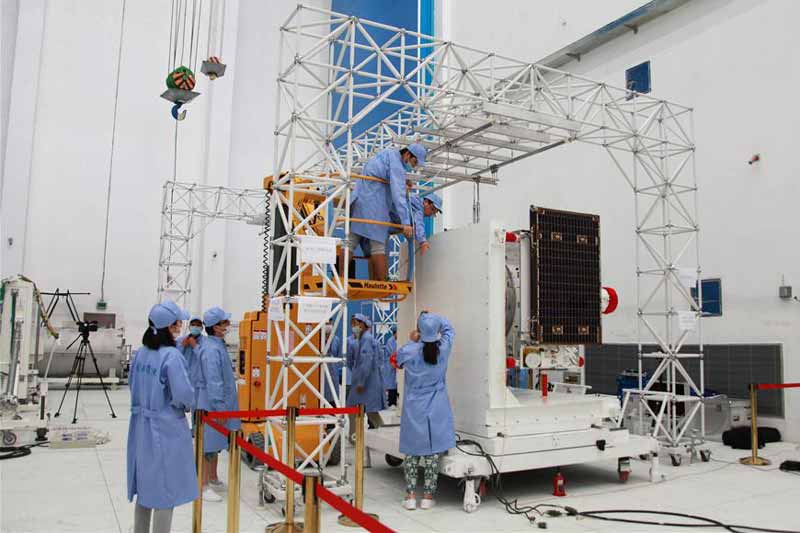
Till now efforts to entangle quantum particles, such as photons, have been limited to distances of about 100 km.
Singapore waives frequency fees for 5G trials with immediate effect
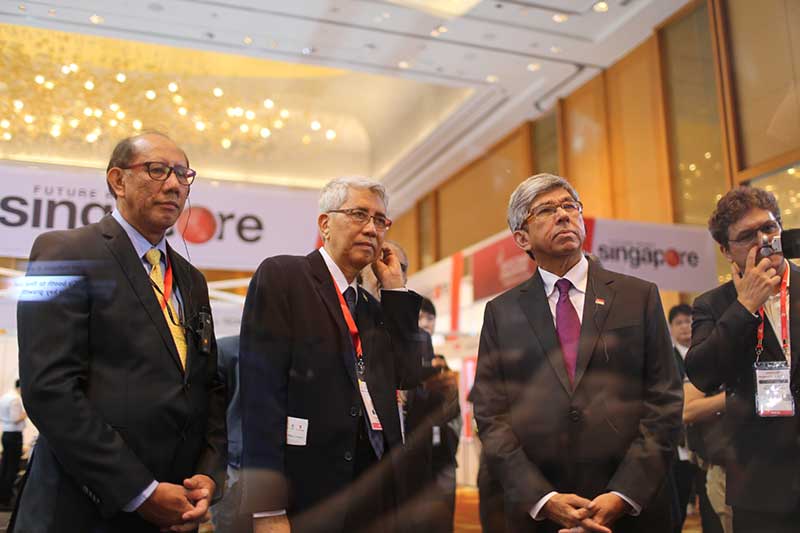
Trials conducted by mobile network operators in Singapore have achieved throughputs of over 1 Gbps with a very low latency of less than 1 millisecond.
EXCLUSIVE – Mathematically provable communication security and other applications of Quantum Key Distribution
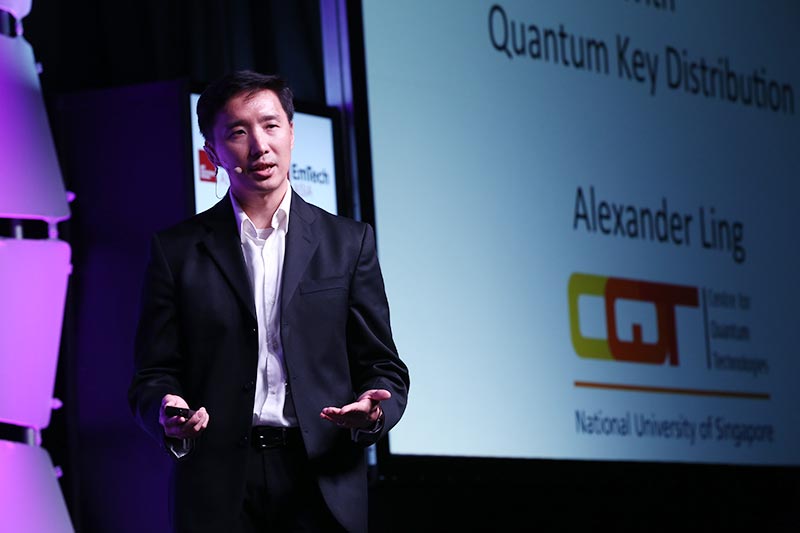
There is a very good mathematical proof that the signals themselves are not hackable by brute force computation.
5G Working Group of Australia convenes to discuss future roll out of 5G services

Australian Government recognises that 5G technology is an enabler of innovation and productivity across industry sectors and can significantly contribute to Australian’s growth and future prosperity.








